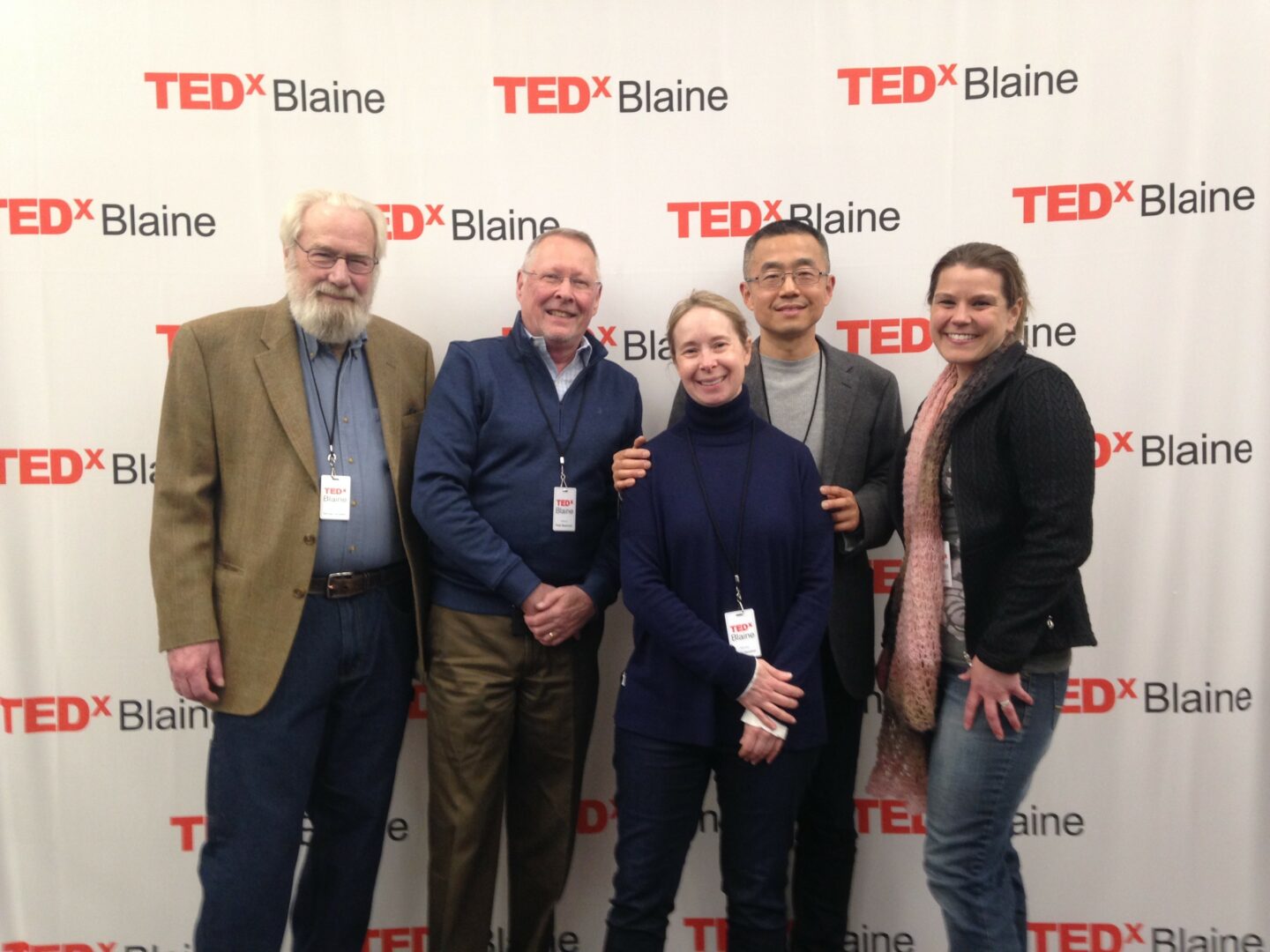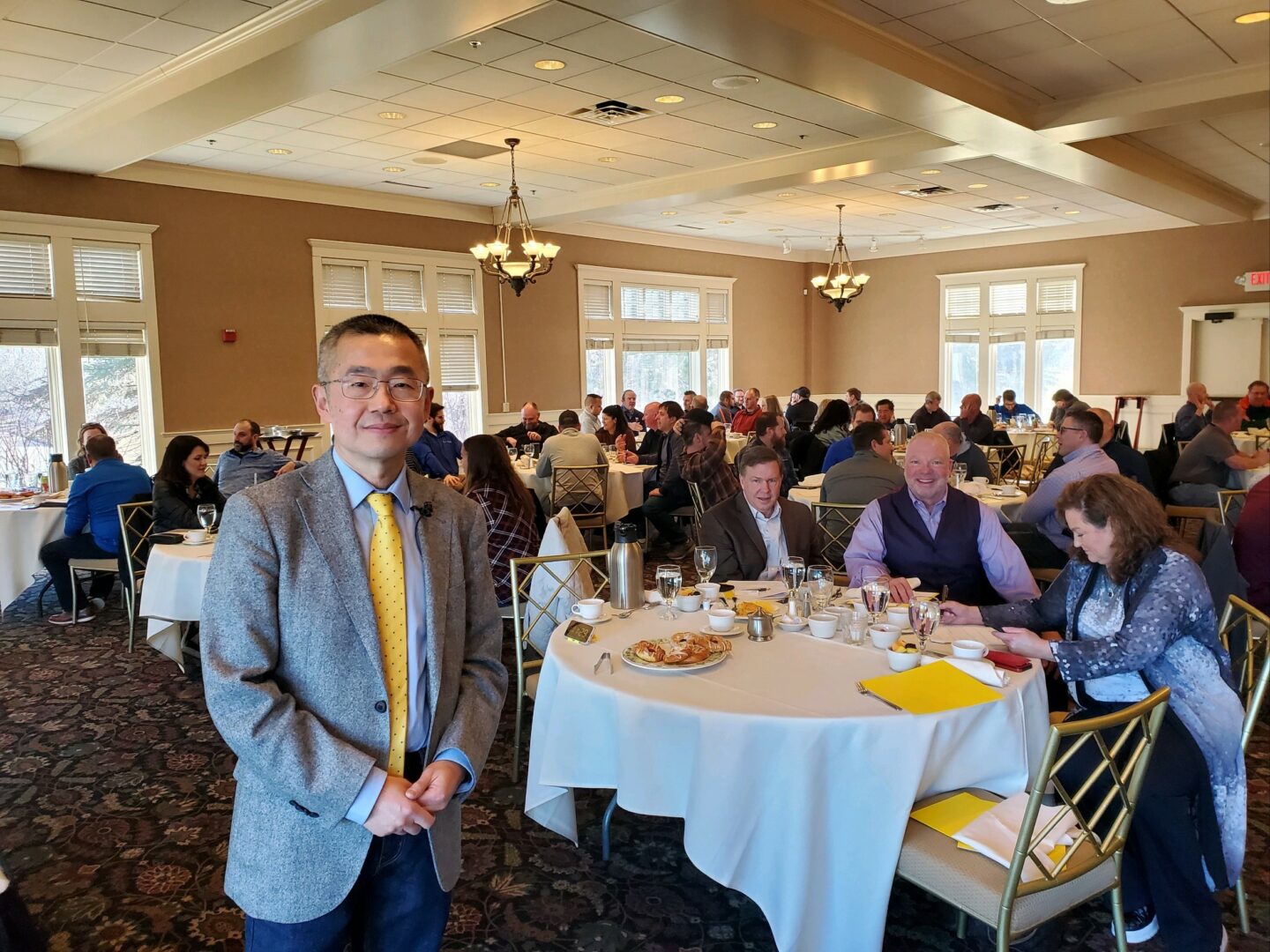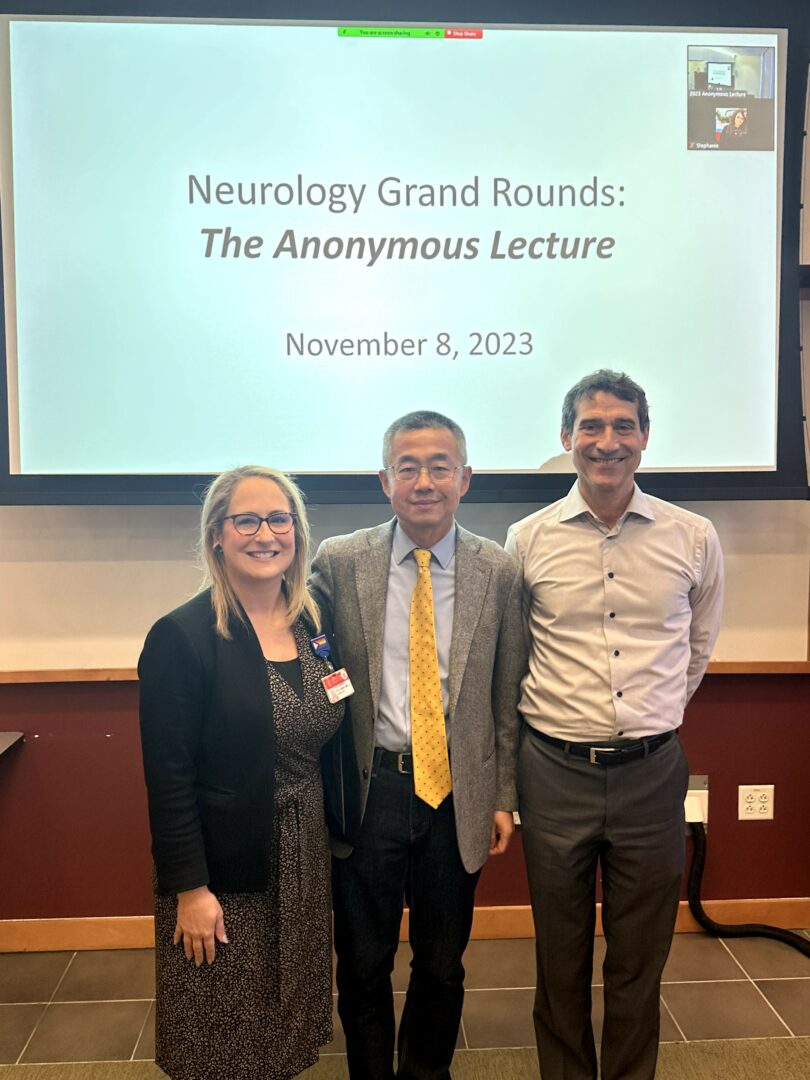We recently connected with Terry Wu and have shared our conversation below.
Terry, so good to have you with us today. We’ve got so much planned, so let’s jump right into it. We live in such a diverse world, and in many ways the world is getting better and more understanding but it’s far from perfect. There are so many times where folks find themselves in rooms or situations where they are the only ones that look like them – that might mean being the only woman of color in the room or the only person who grew up in a certain environment etc. Can you talk to us about how you’ve managed to thrive even in situations where you were the only one in the room?
Being the only one in the room who looks at leadership through the lens of neuroscience has been both challenging and liberating. While the leadership industry is saturated with feel-good stories and recycled fables, I’ve chosen to pioneer a different path – one grounded in scientific evidence and biological understanding of leaders’ and followers’ behaviors.
The challenge isn’t just about being different; it’s about challenging an entire industry’s status quo. When event organizers are accustomed to booking entertaining storytellers, bringing hard science to the stage can face initial resistance. But I’ve learned that effectiveness comes from staying true to your unique value proposition. In my case, that means making the intersection of neuroscience and leadership accessible and actionable.
I’ve found success by focusing on what’s missing in the room rather than trying to fit into what’s already there. While others focus on how leaders should lead, I investigate the Neuroscience of Why People Follow – tracing behaviors back to our universal biology. This scientific approach has resonated deeply with audiences because it offers something that feel-good stories and popular fables can’t: neuroscience-powered insights that explain and predict human behavior.
The pandemic revealed the limitations of traditional leadership training, where billions spent resulted in leaders feeling unprepared for real challenges. This validated my approach of prioritizing substance over style, focusing on making complex scientific concepts simple and actionable rather than just entertaining.
Being the only one in the room means you’re not competing – you’re creating. Instead of following someone else’s footsteps, I’m plowing my own path. While this can feel isolating at times, it’s also empowering and exhilarating. When you’re offering something genuinely different and valuable – in my case, the neuroscience of why people follow – you’re not just filling a gap in the market; you’re creating a new category entirely.
The key to effectiveness isn’t about fitting in; it’s about standing out for the right reasons. By staying committed to making science accessible and practical for leaders at all levels, I’ve found that what initially made me stand out has become my greatest strength. The growing response from audiences and event organizers confirms that there’s a real hunger for evidence-based leadership insights, proving that sometimes the most effective thing you can do is to be different.

Great, so let’s take a few minutes and cover your story. What should folks know about you and what you do?
My journey to becoming a voice in leadership science has been anything but conventional. As a neuroscientist who earned my Ph.D. in learning and memory at Vanderbilt University, I spent two decades at the University of Minnesota helping fellow neuroscientists leverage new technologies in their research. During this time, I also built a successful digital marketing business, initially thinking these were separate paths. However, this dual experience led to a fascinating revelation: my neuroscience background was unconsciously informing my approach to digital marketing, particularly in understanding how people make buying decisions online.
This insight crystallized when I realized that my clients’ websites consistently achieved exceptional conversion rates because I was applying neuroscience principles to understand user behavior. This connection between neuroscience and marketing became so compelling that I was invited to give a TEDx talk on neuromarketing in 2019, which has since reached over half a million viewers and has been incorporated into numerous business school curricula.
My entrance into public speaking opened my eyes to a troubling pattern across sales, marketing, and leadership training: an overreliance on unverified anecdotes and feel-good stories rather than evidence-based insights. My scientific training taught me to seek alternative explanations and question accepted narratives, which led me to identify a critical gap in these fields – while everyone focused on how to sell or how to lead, very few examined why people buy or why people follow.
This realization, combined with the leadership challenges exposed during the pandemic, inspired my current focus: uncovering the neuroscience of why people follow. Through my research, I’ve discovered a fascinating biological connection between stress and leadership that explains many leadership behaviors. Our natural way to cope with stress is to give someone else stress, and leaders, by virtue of their position, have the most opportunity to do so. This simple biological fact illuminates both problematic leadership behaviors and what effective leadership should look like.
I’ve developed a scientific framework that helps leaders understand and manage stress in both directions – preventing them from passing their own stress to their teams while also supporting their teams in managing stress effectively. What makes this approach special is its grounding in biology rather than theory. When I present these concepts, I often hear audience members say, “This is so simple, but why didn’t I see it before?” The insights resonate not just in professional settings but in personal relationships as well.
Currently, I’m expanding this work through speaking engagements, op-ed articles that analyze current events through a neuroscience lens, and a forthcoming book on the neuroscience of leadership. What excites me most is making complex scientific concepts accessible and actionable for leaders at all levels. While translating academic research into practical applications isn’t always straightforward, the response from audiences confirms that there’s a real hunger for evidence-based leadership insights.
My mission is to revolutionize leadership development by replacing feel-good fables with science-backed strategies. In a field dominated by storytellers, I’m bringing the power of neuroscience to help leaders understand not just how to lead, but why people follow – and that understanding makes all the difference.

Looking back, what do you think were the three qualities, skills, or areas of knowledge that were most impactful in your journey? What advice do you have for folks who are early in their journey in terms of how they can best develop or improve on these?
Looking back, three qualities stand out as particularly crucial to my journey: intellectual curiosity, independent thinking, and cross-disciplinary knowledge integration.
First, being a life-long learner has been fundamental to my success. This isn’t just about acquiring knowledge – it’s about maintaining a lasting curiosity that leads you to discover what truly energizes you. From a neuroscience perspective, when you pursue what genuinely interests you, your brain releases dopamine, creating a sustainable foundation for motivation and action. This biological insight reinforces why following your interests, rather than external pressures, is so crucial.
Second, developing independent thinking has been invaluable. In today’s world of information overload, the ability to think critically and not follow the crowd mindlessly is essential. For instance, popular buzzwords, such as Authenticity, Why, Empathy, VUCA, and Vulnerability, sound compelling but ignore what drives human behavior. Leadership training built on these scientifically unproven concepts takes leaders down the wrong paths, leaving them ill-prepared for real-world challenges. Understanding that our biology and environments shape our behavior beneath our conscious awareness has helped me develop more effective approaches to leadership and decision-making.
Third, the ability to integrate knowledge across different disciplines has been a game-changer. Throughout my career, success has come from combining seemingly unrelated fields – whether it was applying neuroscience principles to marketing or bringing scientific rigor to leadership development. This cross-pollination of ideas not only creates unique value but also helps you stand out in a crowded marketplace.
For those early in their journey, here’s my advice for developing these qualities:
Take care of your physical well-being and your mental well-being will follow. I discovered running 15 years ago, and it’s become crucial for my mental clarity and creativity.
To cultivate life-long learning, start by following your genuine interests rather than what others think you should pursue. Pay attention to what energizes you and makes you lose track of time.
To develop independent thinking, practice questioning accepted wisdom. Look for evidence behind popular claims, and don’t be afraid to challenge conventional thinking when you spot flaws. Remember that the most popular approach isn’t always the most effective one.
To build cross-disciplinary knowledge, don’t limit yourself to your primary field. Look for unexpected connections between different areas of knowledge. These intersections often lead to the most innovative insights and create unique opportunities where you face less competition.
Success isn’t about following a predetermined path – it’s about creating your own by combining your unique interests, insights, and experiences in ways that create value for others.

Tell us what your ideal client would be like?
My ideal clients are visionary leaders and organizations who are tired of superficial leadership advice and are ready for science-driven insights that create real change. They share three key characteristics:
First, they’re skeptics of the traditional leadership development industry. They’ve likely invested in conventional leadership training programs but found them lacking in substance – full of entertaining stories and buzzwords, but short on practical, proven strategies. They’re frustrated with the gap between the promises made by leadership gurus and the actual results they’ve experienced.
Second, they’re curious about what drives human behavior. While many leadership programs focus on what leaders should do, my ideal clients want to understand the neuroscience of why people follow. They recognize that understanding the science behind human behavior – particularly the relationship between stress and leadership – is key to becoming more effective leaders.
Third, they’re committed to creating lasting change rather than seeking quick fixes. They value scientific evidence over anecdotes and are willing to engage with new ideas that challenge conventional wisdom. These are leaders who understand that effective leadership isn’t about memorizing a set of rules or copying others’ success stories – it’s about understanding and working with human nature at a fundamental level.
Whether they’re executives looking to transform their leadership approach, organizations seeking to improve team dynamics, or event planners wanting to bring evidence-based content to their audiences, the common thread is a desire for substance over style and fluff. They’re looking for practical, science-driven strategies that can create meaningful improvements in how they lead and how their teams perform.
Contact Info:
- Website: https://www.WhyTheBrainFollows.com/
- Linkedin: https://www.linkedin.com/in/terry-wu-neuroscientist


so if you or someone you know deserves recognition please let us know here.




